Jeremiah Hatfield is one of the quintessential Americana artists that you’ll find today. Hailing from West Virginia, Hatfield manages to find a beautifully delicate balance of old-school sensibilities and keeping up with his own vision to his work.
Written and recorded in the depths of quarantine, featuring some of the best artists southern Ohio and West Virginia have to offer, Hatfield has released his newest self-titled album. Chockful of lush and heartfelt tracks, Hatfield pushes the rural area’s root rock vibe with lyrics delving into love, loss, and drama. The self-titled album soars from start to finish, giving listeners a true look at an artist that is scratching the surface of what’s to come.
We recently caught up with Hatfield to discuss the self-titled album and more.
Appalachia is clearly present in your sound, how do your roots and the area in general influence you?
I think the biggest influence that it has might be more in the storytelling and atmosphere of Appalachia. Appalachians are amazing storytellers. I spent many nights as a kid on my grandparents porch listening to their stories and local gossip. The atmosphere in the area can be anywhere from bright, sunny and gorgeous to incredibly dark and eerie. I like to try and capture some of that ambience in the music itself to try and compliment the mood of the story.
The stand out track on the album is “Maryann”, and it’s a little darker than the others. That dark waltz feel mixed with the twang creates a haunting, brooding atmosphere. What was it like in the studio the day you recorded this one?
We recorded the album in the middle of the Covid shut downs, So all of the parts were done separate from one another. Some recorded from home and some came into the studio one at a time. So there wasn’t really a feeling in the studio but I think everyone latched on to the general mood of the song and really helped the dark atmosphere.
You collaborated with a handful of musicians on this EP, who would you like to shout out in particular?
Its hard to shout out just one or two because everyone involved played such a big part in the overall sound. I trusted everyone who played on this album and I wanted the personal styles of each musician to be represented. I would have everyone listen to the songs for a couple weeks before recording so that they would have a general feel of the song but didn’t really give many detailed instructions. The result was a little more unique than having everyone follow rigid genre norms.
But if I had to give a shout out it would be Evan Olds and Alasha Al-Qudwah, on upright bass and violin respectively, for their amazing string parts. Those string sections really enhance the songs much.
“Souvenir Glasses” is a classic country drinking song, but with modern production (the guitar solo in the middle is especially powerful). How does alcohol affect your songwriting if it does? Is it a positive and socialable influence?
It really just gets in the way when I’m trying to be productive. I kind of think that’s what the song is about. When I first wrote the song it started as a joke at the expense of my band at the time. It was specifically about playing in bands 10 years ago and how you end up partying and hanging out more than actually working on music. But then as time went on the song became more nostalgic and more genuine because no matter the band shortcomings it was still spending time with people you care about.
Let’s have fun with this last question.. now that there’s a light at the end of the tunnel, what are you most looking forward to post-covid (playing your first show back I assume)?
I’m really looking forward live music in general. Playing or watching, I just miss live music. But beyond the obvious, I’m most excited for minor league baseball. Charleston has a great stadium within walking distance from my apartment so it’s easy to go spend an evening watching baseball with some friends.


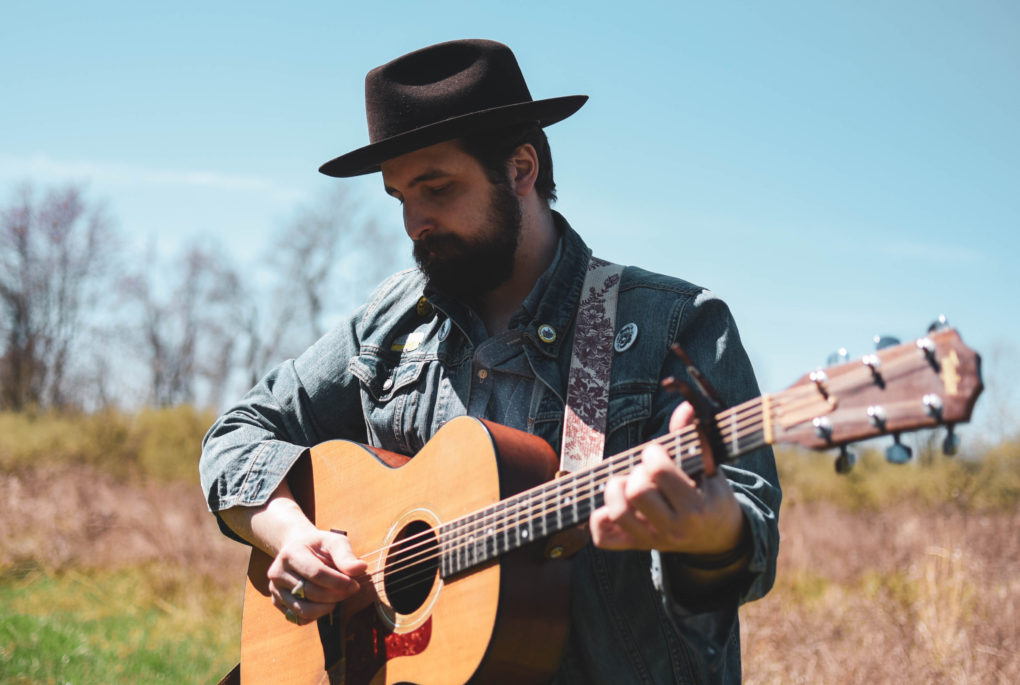
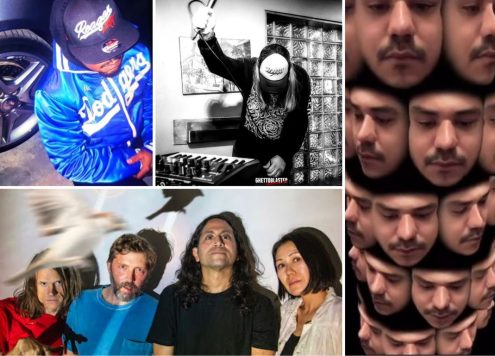
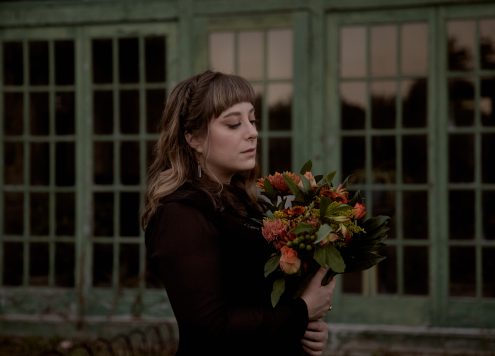






















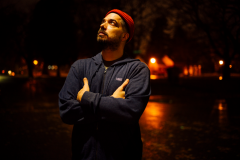

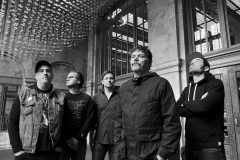
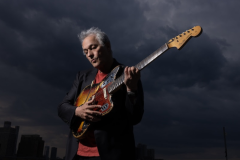

Social Media